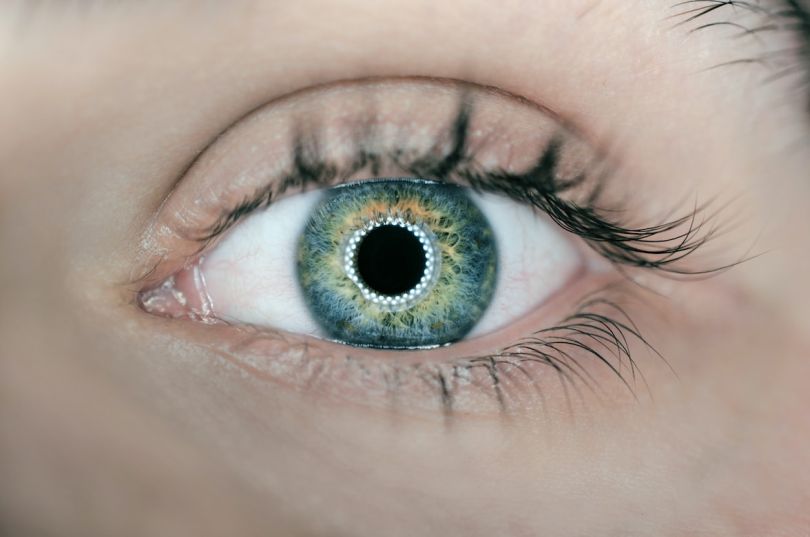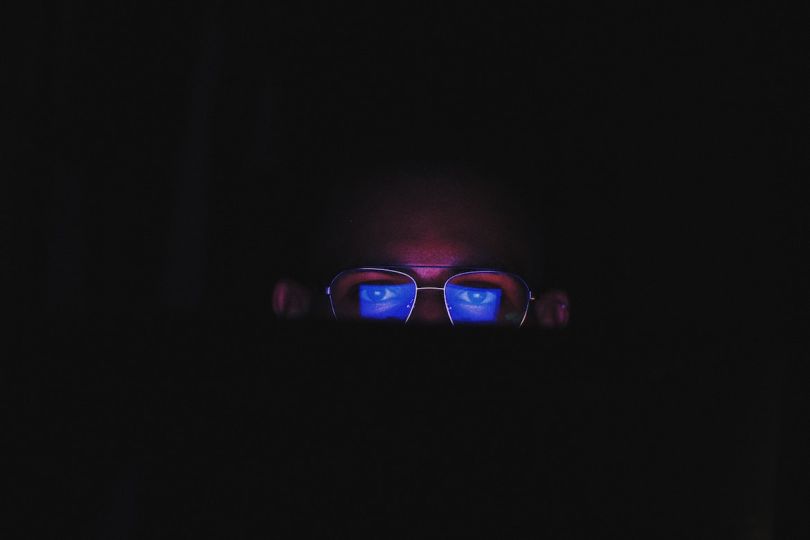Smart Ways to Protect Your Eyesight From Damage in the Long Run
Eye health is an important part of overall well-being, but we often don’t think about it until it’s too late. However, with a few simple strategies, you can protect your eyesight and ensure that your vision stays healthy for years to come. Read on to learn more about the smart ways you can protect your eyesight from damage in the long run!

What Causes Eye Damage?
Eye damage can be caused by a variety of things, including exposure to ultraviolet (UV) light, staring at bright screens, and dry eyes. UV light is a type of radiation that comes from the sun and can damage the retina, the sensitive layer of tissue at the back of the eye. Staring at bright screens can cause eye fatigue and strain, which can lead to headaches, blurry vision, and dry eyes. Dry eyes occur when the tears don’t provide enough lubrication for the eyes and can be caused by various factors such as medication side effects, certain medical conditions, and environmental factors such as wind or smoke.
Also, trauma to the eye can result in damage. Blunt or penetrating trauma to the eye can cause bleeding and swelling, as well as damage to the structure of the eye itself, including the lens and cornea. Chemical burns from substances such as chlorine can also cause damage. Finally, some diseases and conditions such as diabetes, glaucoma, and age-related macular degeneration can lead to permanent vision loss if left untreated.
Protective Eyewear
There are many things we can do to protect our eyesight from damage. One of the most important is to wear protective eyewear when engaging in activities that could potentially harm our eyes. This includes wearing blue light glasses while using digital screens, wearing safety glasses while performing certain tasks such as welding or woodworking, and wearing sunglasses when outdoors to protect eyes from UV rays. Additionally, people should also make sure to have regular eye exams to detect any potential issues and to check their eyesight. It’s also important to take certain vitamins and minerals that can help protect our vision, such as lutein, zeaxanthin, zinc, and omega-3 fatty acids. Finally, it’s crucial to remember not to rub your eyes or use expired contact lenses.
Eating Habits for Healthy Vision
When it comes to protecting your eyesight, what you eat can be just as important as what you don’t. Here are some eating habits that are good for your vision:
1. Eat plenty of leafy green vegetables.
Leafy greens like spinach and kale are packed with nutrients like lutein and zeaxanthin, which have been shown to help protect against age-related macular degeneration (AMD).
2. Include fish in your diet.
Fish like salmon, tuna, and sardines are rich in omega-3 fatty acids, which have been linked to a lower risk of AMD and other eye problems.
3. Eat more fruits and vegetables high in antioxidants.
Antioxidants like vitamins C and E can help protect your eyes from damage caused by free radicals. Fruits and vegetables high in these nutrients include citrus fruits, berries, dark leafy greens, and tomatoes.
4. Limit your intake of saturated and trans fats.
Saturated and trans fats have been linked to an increased risk of AMD, so it’s best to limit your intake of these fats if you want to keep your eyes healthy.
Exercise and Relaxation Techniques to Support Eye Health
One important thing is to make sure that you get enough exercise. Exercise helps to improve blood circulation and can also help to reduce stress levels.
Another important thing to do is to make sure that you take breaks from looking at screens and give your eyes a chance to rest. When you are working on a computer or looking at your phone, try to look away from the screen every 20 minutes or so and focus on something else for a few minutes.
And finally, one of the best things you can do for your eyes is to practice some relaxation techniques. Stress can have a negative impact on eye health, so it’s important to find ways to relax and de-stress. Some good relaxation techniques include yoga, meditation, and deep breathing exercises.
Keep in mind that these suggestions are not meant to replace medical advice, so if you have any concerns about your eye health it’s best to talk to your doctor or an optometrist. Furthermore, if you experience any eye pain or discomfort, it’s important to seek medical attention immediately.

Taking care of your eyesight is essential for staying healthy, so it’s important to think about how you can protect your eyes from potential damage. By following the tips we outlined here, such as wearing UV-protective sunglasses and limiting screen time, you can help ensure that your vision remains clear and strong in the long run. Taking steps now to guard against eye diseases could save you a lot of trouble down the road.
